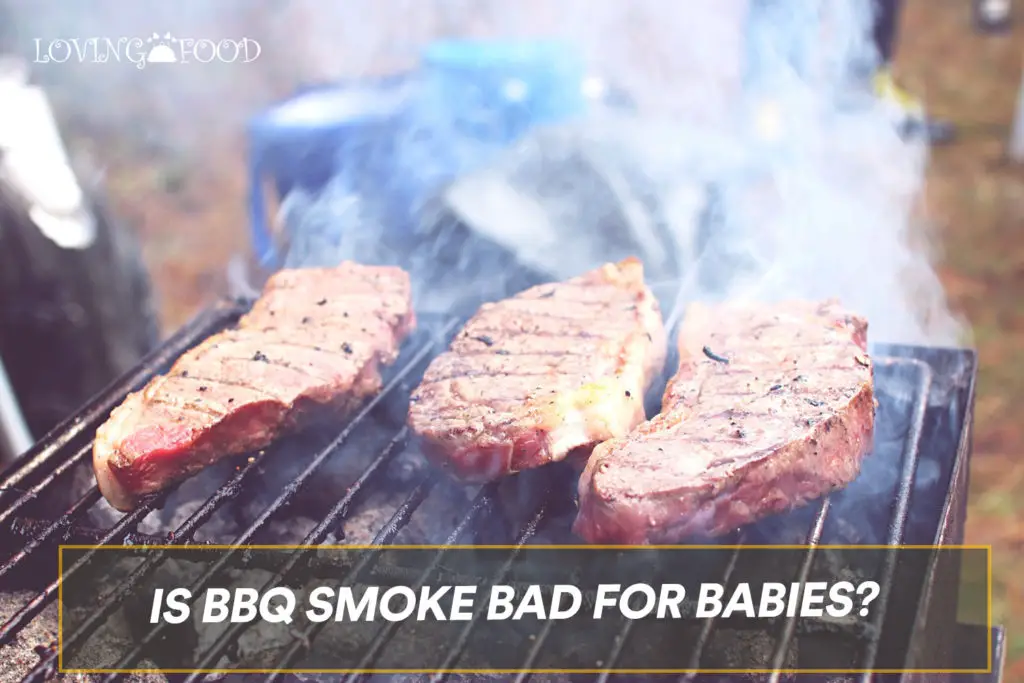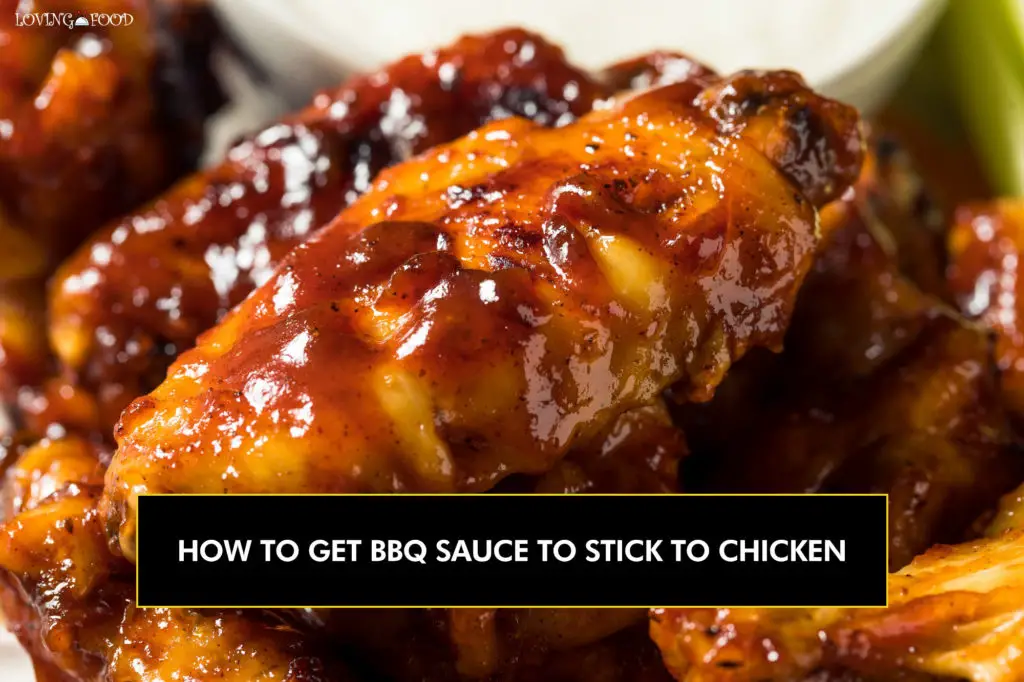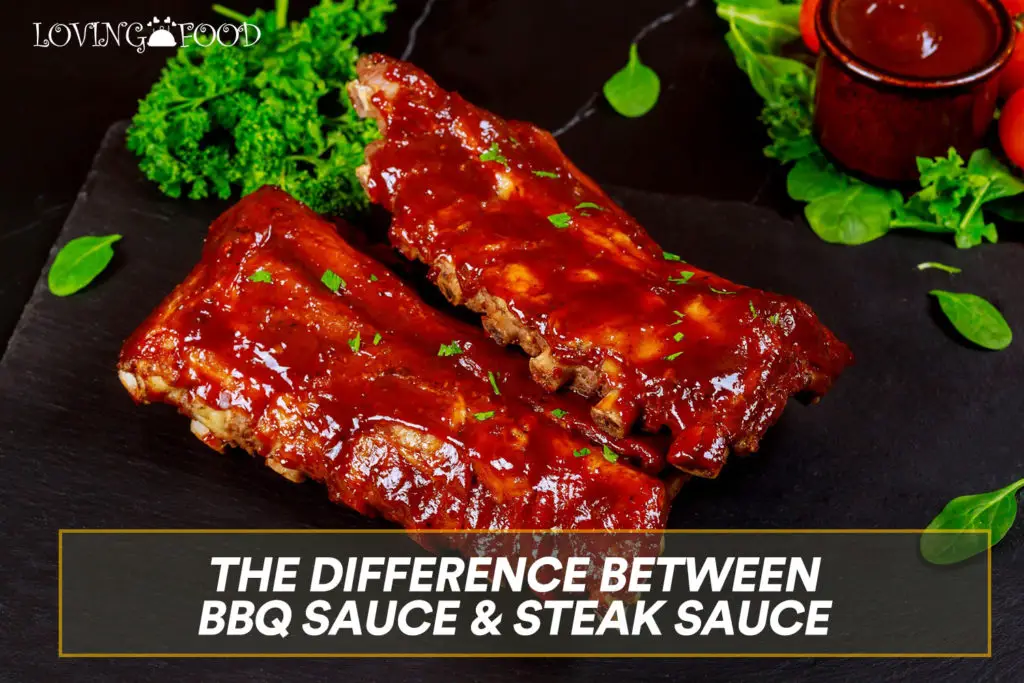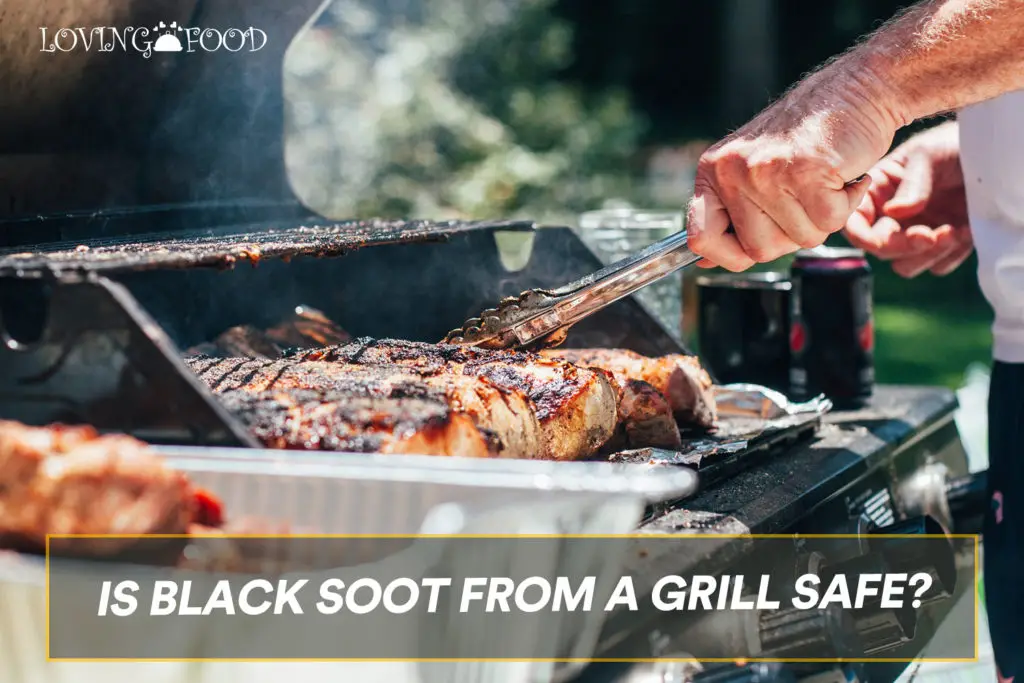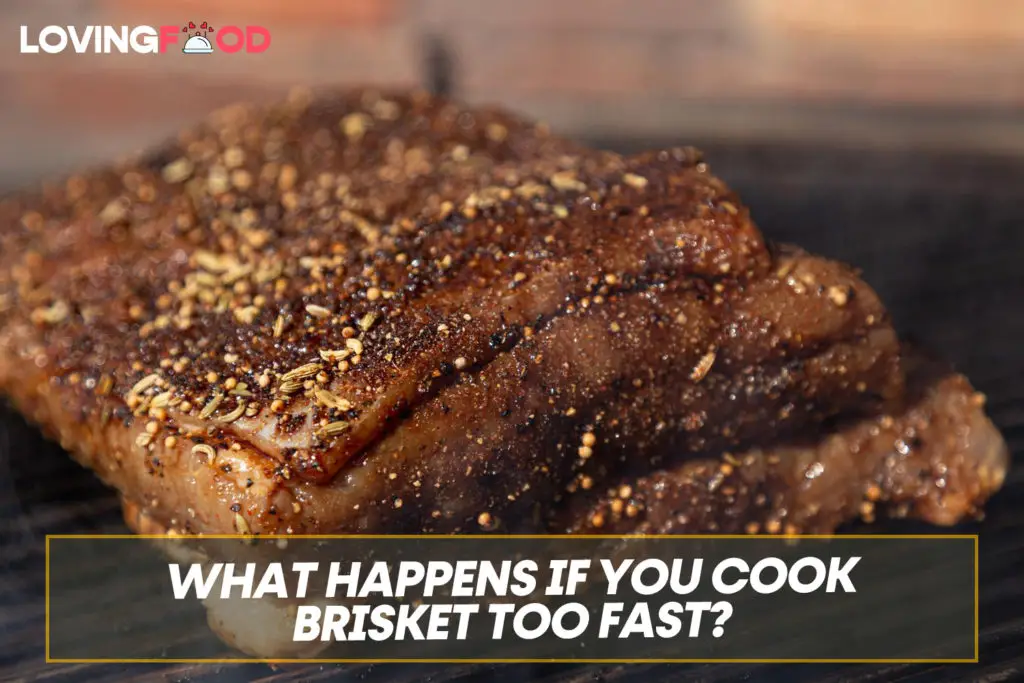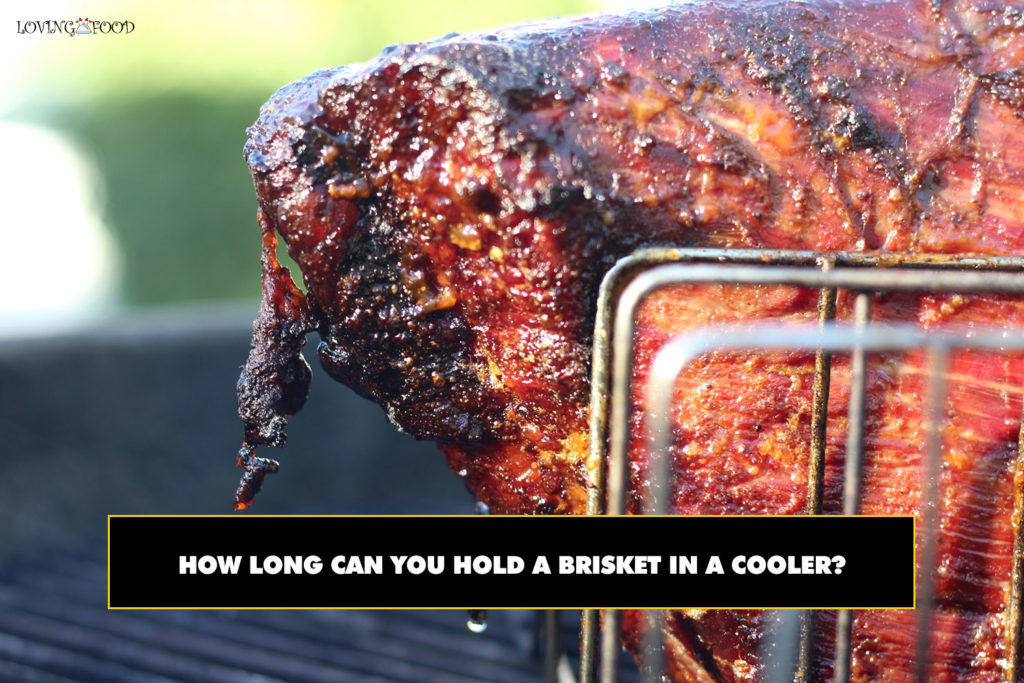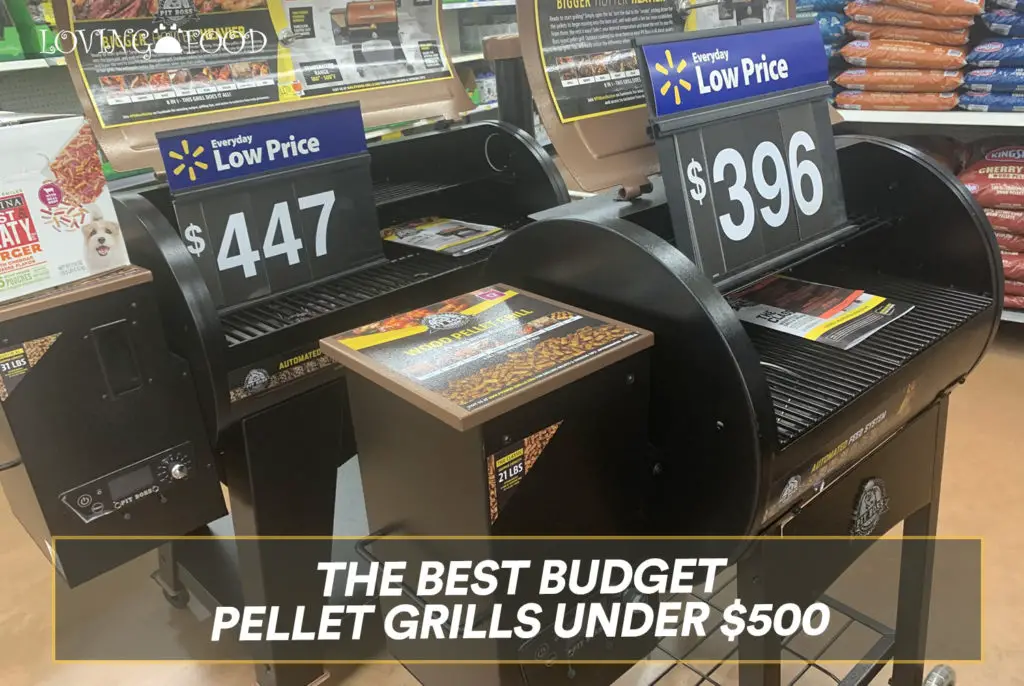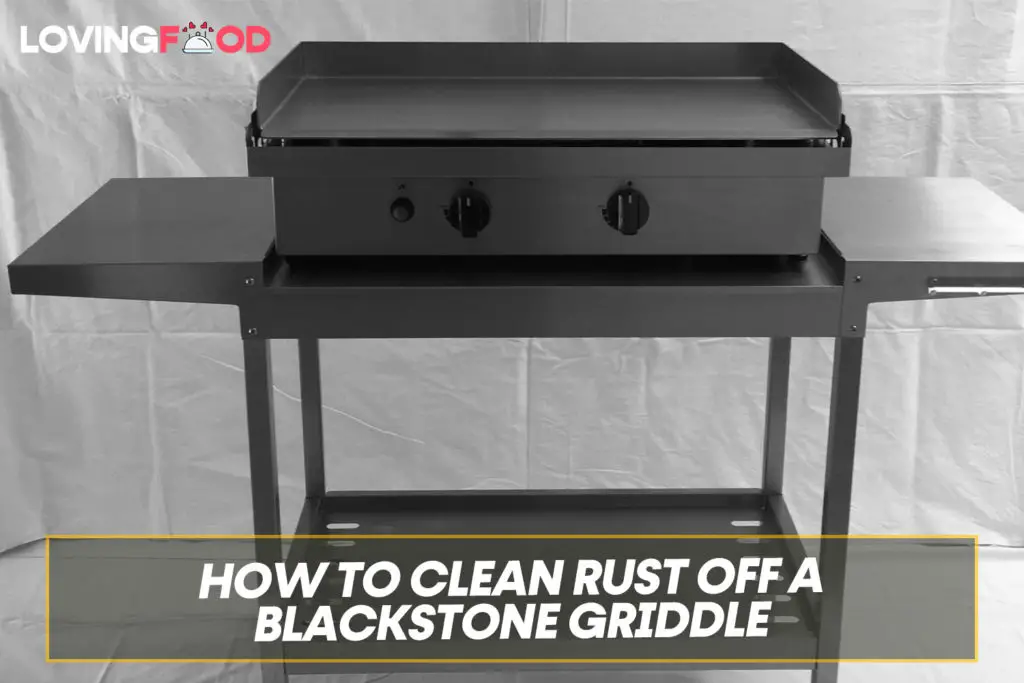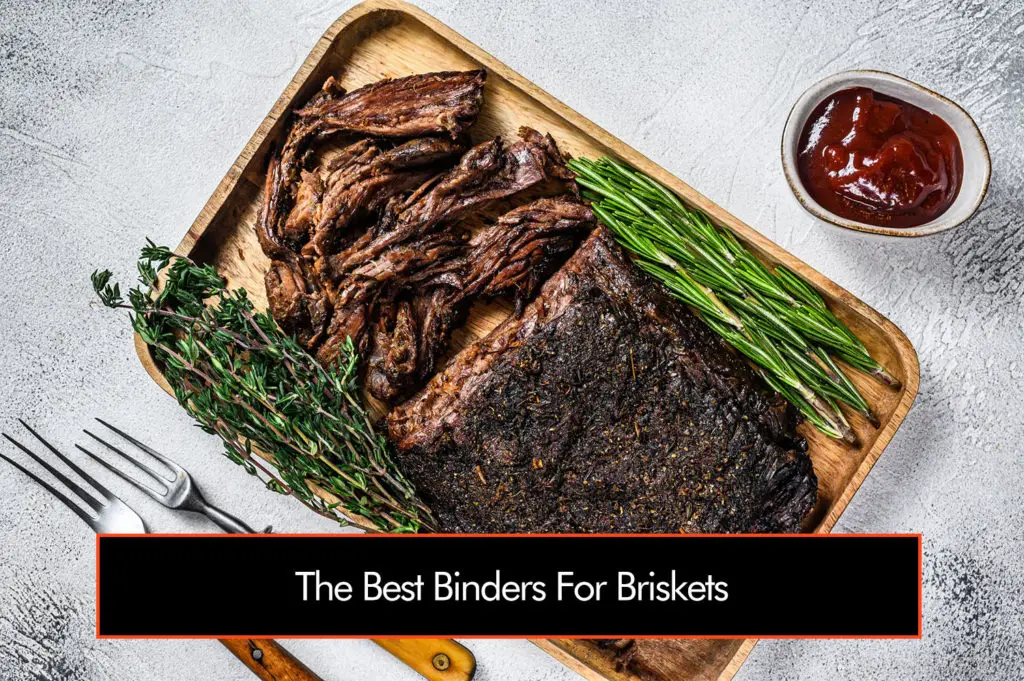Generally, it is agreed that constant exposure to BBQ smoke can cause health issues for adults. Are our babies also at risk of the effects of exposure to BBQ smoke? This article contains all you need to know about BBQ smoke and its effects on your baby’s health.
Short answer: Yes, BBQ smoke is bad for babies. BBQ smoke, whether inhaled directly or indirectly, can cause serious health issues for your baby if exposed for a prolonged period.
We have provided detailed information on how BBQ smoke affects babies because they are at higher risk when exposed to it. This article also includes information about the symptoms of BBQ smoke inhalation; what to do when smoke inhalation occurs; and recommended safety tips for your baby’s health.
Is BBQ Smoke Bad For Babies?
Yes, BBQ smoke is bad for babies. Most BBQ grills are made with charcoal or wood. Under extreme heat, the charcoal or wood emits smoke, which is hazardous to the health of your baby.
Wood and charcoal smoke contains toxic and carcinogenic substances, causing health issues when constantly inhaled. The major threat of inhaling the carcinogens in hydrocarbons and soot from wood or charcoal is to the lungs.
This is because inhalation occurs through the nose and enters the lungs.
Frequent and prolonged inhalation creates major health problems in adults, let alone babies. Compared to adults, babies have weaker immune systems and have a higher risk of developing serious health issues after constant inhalation of BBQ smoke.
What happens when babies inhale BBQ smoke?
When a baby inhales BBQ smoke frequently, their respiratory system is weakened, eventually exposing them to illnesses. Babies can inhale BBQ smoke directly from the BBQ grill or indirectly when a pregnant woman inhales BBQ smoke.
According to the CDC, high levels of carbon monoxide in a pregnant woman can result in problems for the baby’s nervous system or birth defects. This is because the baby receives all the oxygen and antibodies from the mother’s blood supply.
When the mother inhales carcinogens and toxins, the growth and development of the baby are affected.
For babies exposed to direct inhalation, wood and charcoal smoke can trigger asthma attacks and aggravate other lung diseases, damaging the baby’s lungs. Inhaling the smoke can cause irritation or swelling in your baby’s airways.
The particles in the smoke can cause irregular heart rhythms and heart failure in babies already at risk of respiratory conditions.
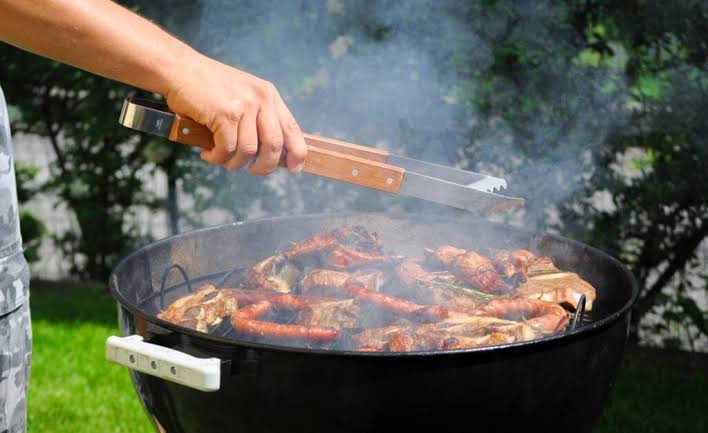
Signs your baby has inhaled some BBQ smoke and what to do
To determine if your baby has been exposed to smoke inhalation, check for signs of the following:
- Itchy or sore eyes.
- Wheezing and coughing.
- Gasping for air and shortness of breath.
Your baby needs emergency care if any of the following occurs:
- Using the belly muscles to breathe.
- The chest is sinking in.
- The nostrils flare as the baby struggles to breathe.
We recommend these first aid measures in an emergency:
- Call 911 for emergency medical assistance.
- Take the baby away to an area with proper ventilation.
- Check your baby’s circulation, airway, and breathing.
- Start CPR for your baby immediately, pending the time emergency help will arrive.
Complications and death can be avoided with early treatment. Because a baby’s immune and respiratory systems are naturally weak, a series of tests may be conducted to determine the best course of action for their health.
We recommend that you avoid anything that may irritate your baby’s lungs, such as extreme weather—cold, hot, or dry—after getting the medications and instructions prescribed by your baby’s pediatrician.
Safety tips when barbecuing
Here are some much-needed safety tips for you and your babies or guests when grilling.
- Never leave your baby near a BBQ grill. Keep a safe distance from a BBQ grill, especially if it is a charcoal grill.
- Use a cleaner-building gas or wood stove.
- To reduce wood smoke, burn dry, seasoned wood that has been covered and stored.
- Pregnant women should use respirators if they are frequently exposed to BBQ smoke inhalation.
- Increase ventilation by grilling outdoors. This prevents carbon monoxide buildup.
- Ensure you keep a fire extinguisher nearby for fire incidents.
- For your baby’s safety, never use flammable substances such as paper or gasoline to rekindle a fire.
- To minimize combustion, use a small amount of charcoal lighter fluid.
- Your grill should be at least 10 feet away from anything that would increase the risk of a fire incident, such as low-height trees or sheds.
- Put off your charcoal grill properly. Close the charcoal grill and bottom vents, allow the charcoal to cool for about 6 hours, and dispose of the ash.
Final Note
Your baby’s health should always be a priority. Exposing your kid to BBQ smoke, whether directly or indirectly, is never a good idea.
These safety precautions have been recommended to protect your baby’s life while you enjoy your grilling experience.
Keep reading:
